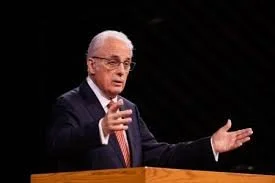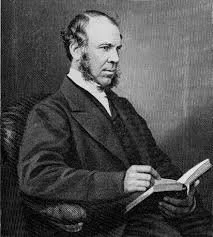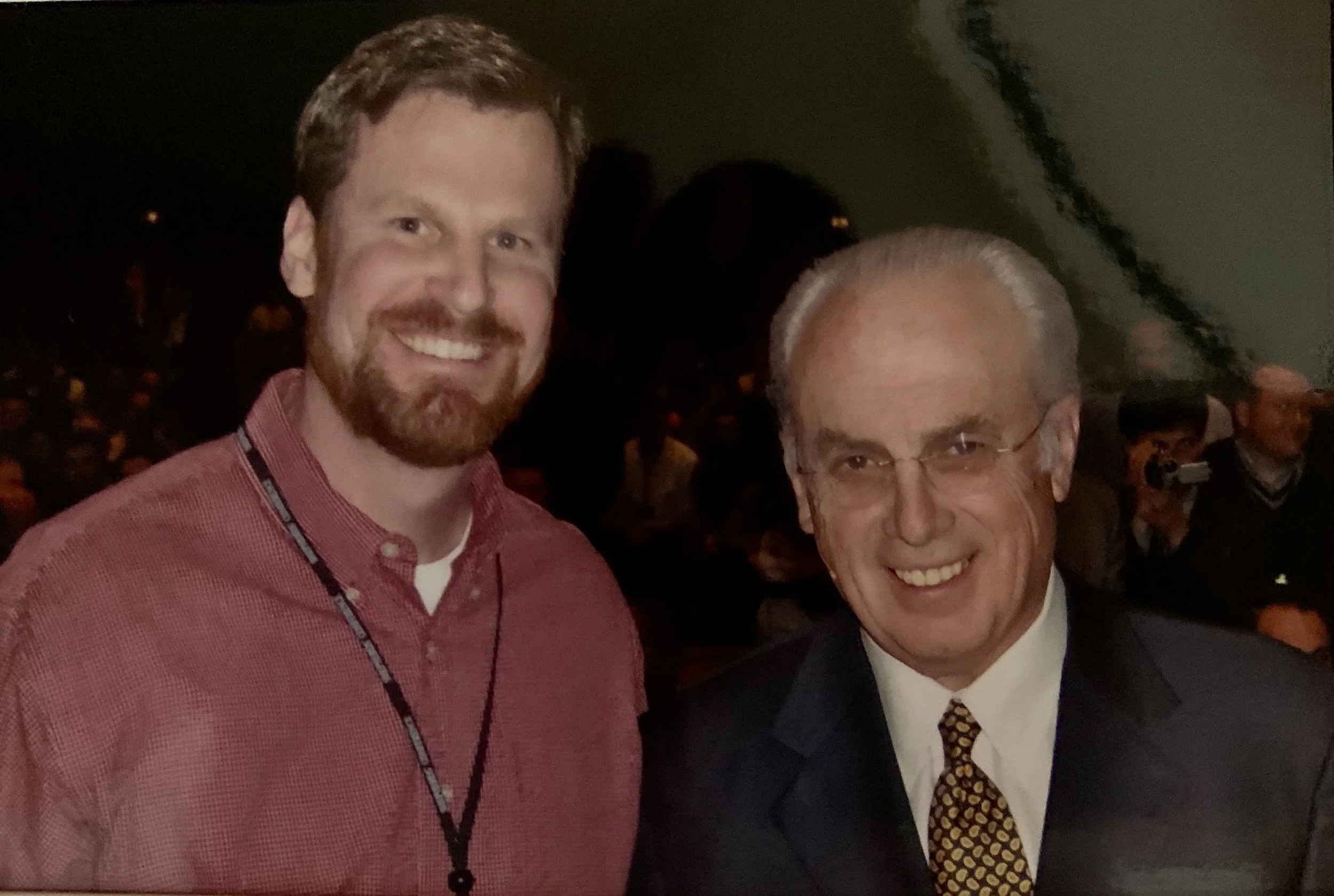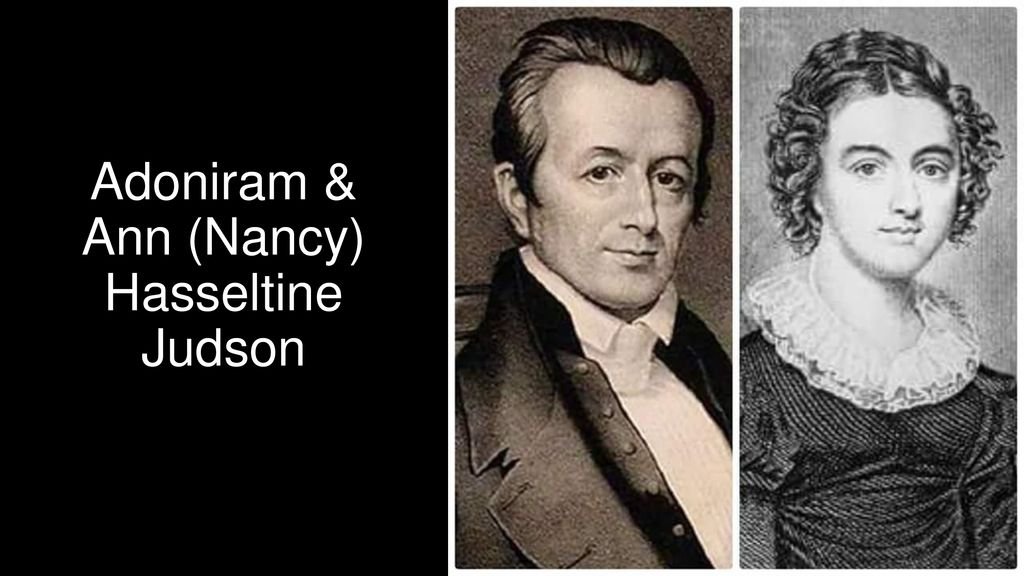Days after John MacArthur went home to be with the Lord, I wrote a brief tribute titled “MacArthur and Me.” In that brief article, I shared some personal reflections on “Johnny Mac” and how the Lord used him to make a significant and positive impact on my life.
Over Thanksgiving weekend, I re-read Iain Murray’s book, John MacArthur: Servant of the Word and Flock. The final chapter, “The Man,” lists MacArthur’s most notable features from those who knew him best. I thought that highlighting these features would complement my previous article.
Murray’s biography on MacArthur was published fourteen years before his death (July 14, 2025). So, I changed the following words by Iain Murray to the past tense, now that John is home with the Lord. Besides having done that and enumerated these features, I have posted the following excerpts verbatim from the book:
By temperament and by grace, diligence was evident in John MacArthur to an uncommon degree. Commitment to hard work marked his life. … “The plans of the diligent lead surely to abundance” (Prov. 21:5). “Whoever sows sparingly will also reap sparingly, and whoever sows bountifully will also reap bountifully” (2 Cor. 9:6).
MacArthur … was driven by ‘curiosity.’ He wanted to get to the bottom of everything.
No less prominent among MacArthur’s features is the one which might seem incompatible with what has just been said. There was a calmness to his life which numbers had noticed. … Mrs. Pat Rotisky, his personal secretary since 1986, said that she had never seen him angry, unless over issues which concerned the honor of God.
There is another characteristic of MacArthur’s personality which has been essential to his ministry, namely, his tenderness and graciousness in dealing with people. … Tom Pennington [former Senior Associate Pastor and personal assistant to John] once asked John, “What’s the biggest mistake leaders make?” He answered at once, “That’s easy — being impatient with people, not giving them time to grow. … Everybody’s got baggage. If you don’t have baggage you’re not going anywhere.” John, seconded by Patricia [his wife] would be the first to say that his patience came from grace and not from his nature.
It is the practical consequences of humility that are visible. In MacArthur it included willingness to esteem others, and to listen to opinions that differed from his own.
As with all leaders, natural gifts enter into what John MacArthur was, but these alone would be no explanation of his life. Words he spoke to ministers in 1997 go to the heart of things:
The greatest privilege of my ministry that I have, is not the time I spend with people, it is the time I get to spend with Him. And the cultivation of the knowledge of Him in the study of the Word of God, and prayer, and meditation, is the heart and soul of my life and the greatest joy of ministry for me. Whatever may happen out there, or might not happen out there, whatever changes or doesn’t change, whatever disappoints or encourages, the Lord never changes; and it is in His love that I find the constancy for my life, the strength for ministry, and the joy as well.
The aforementioned qualities resonate strongly with me, along with MacArthur’s love of spending time with the Lord. I thank God for the life and legacy of John MacArthur.























